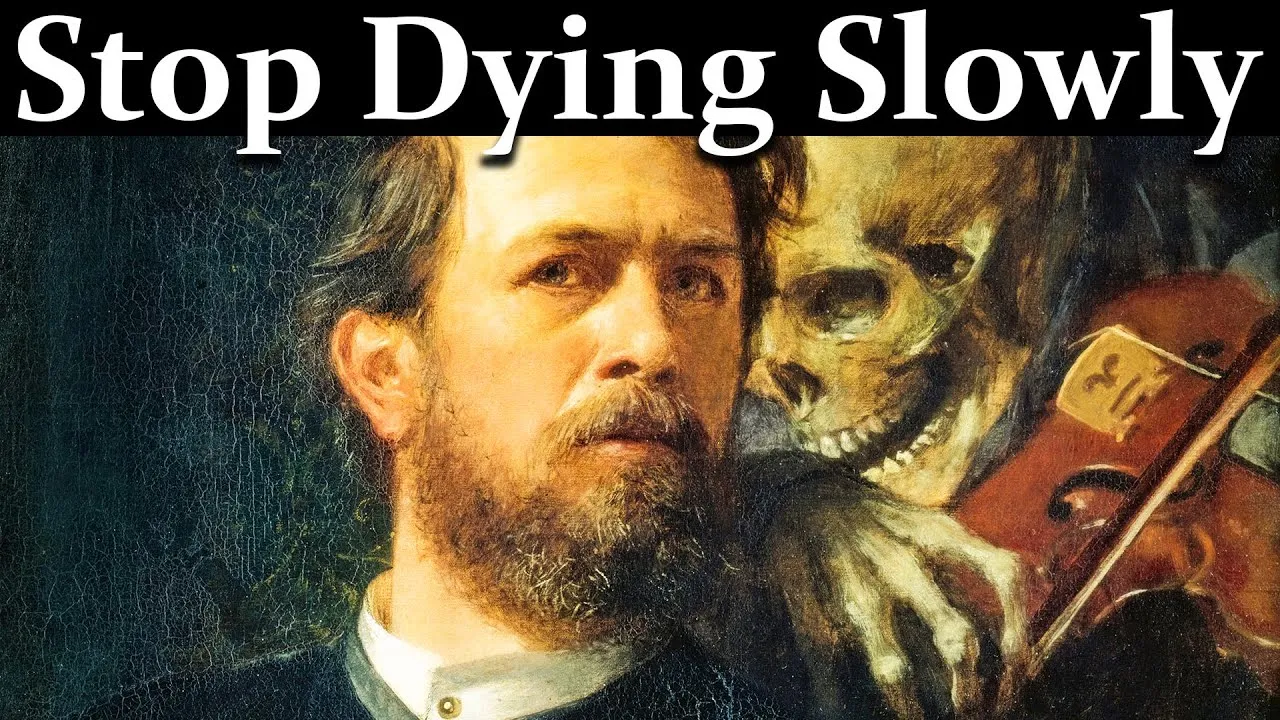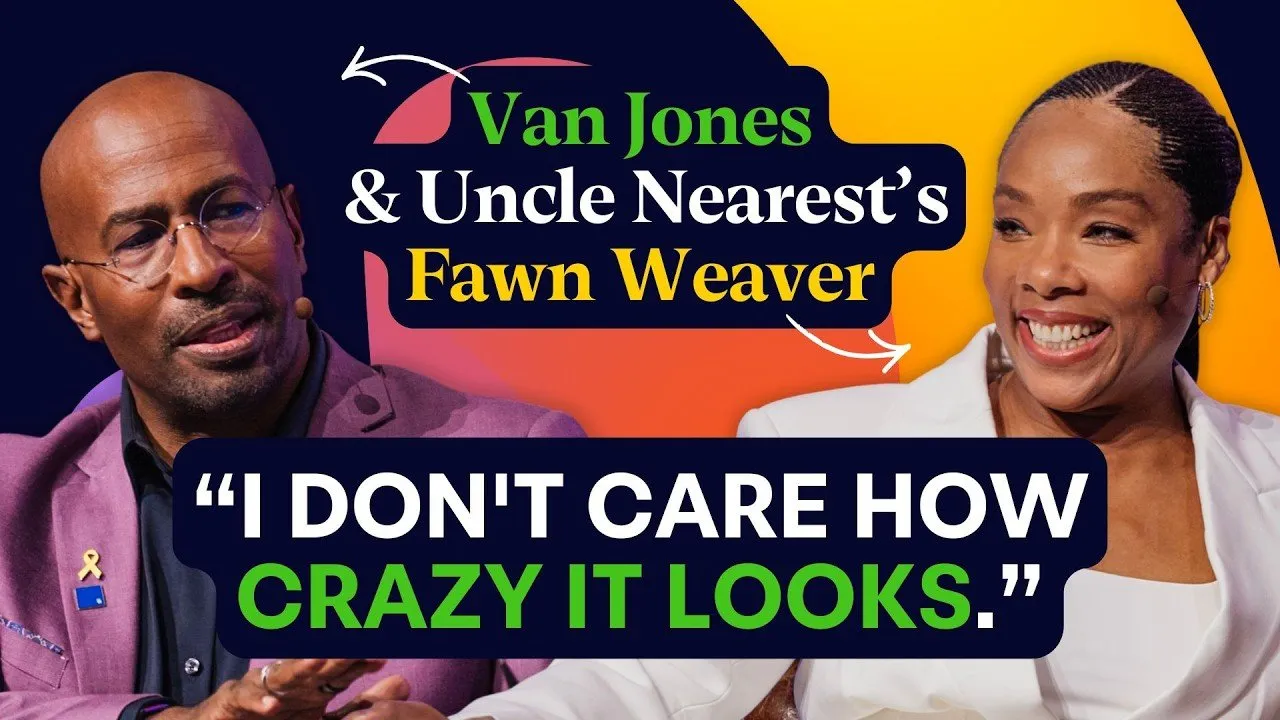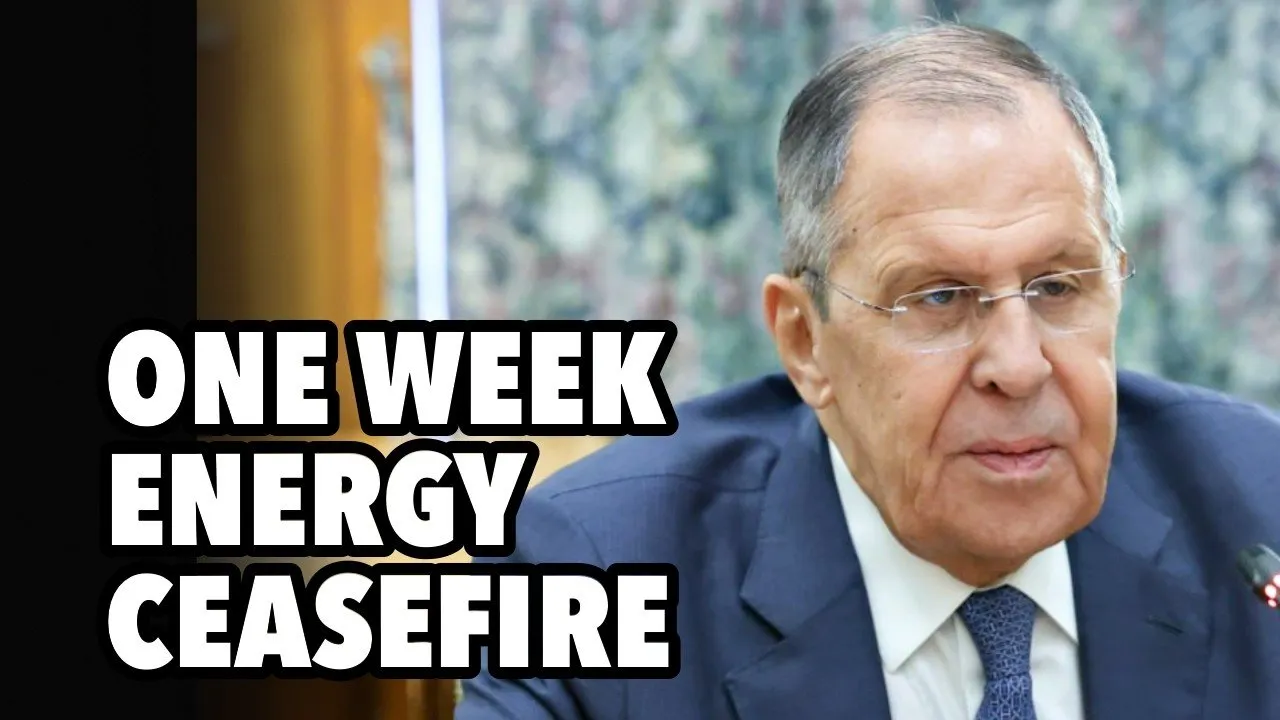Table of Contents
Discover Carl Jung's revolutionary view that anxiety and depression often signal a life disconnected from meaning. Learn to stop wasting your existence through authentic individuation.
Key Takeaways
- Mental health symptoms often represent the psyche's attempt to heal itself rather than pathological brain malfunctions requiring only chemical intervention
- Modern psychological suffering frequently stems from living disconnected from authentic purpose, following imposed scripts rather than inner truth
- Medicalization of existential pain can mask the soul's calling for meaningful transformation by suppressing symptoms instead of addressing root causes
- Cultural conditioning shapes identity through external validation, creating chronic disconnection from inner nature and unconscious wisdom
- Individuation involves confronting repressed aspects of personality, particularly the shadow, to achieve psychological wholeness rather than superficial improvement
- The absence of personal meaning creates existential emptiness that no amount of external success, pleasure, or distraction can genuinely fill
- Healing requires conscious engagement with unconscious content rather than continued avoidance of uncomfortable truths about yourself and your life
- True transformation demands courage to abandon familiar but destructive patterns in favor of authentic self-expression aligned with inner truth
Timeline Overview
- 00:00–04:30 — The Silent Suffering: Recognition that persistent emptiness and life-wasting feelings indicate soul disconnection rather than mental illness
- 04:30–11:15 — The Medicalization Trap: How modern treatment focuses on functionality rather than meaning, potentially silencing the soul's transformative messages
- 11:15–18:45 — Cultural Programming and Disconnection: Understanding how society shapes identity through external validation while neglecting authentic self-development
- 18:45–26:30 — The Journey of Individuation: Deep exploration of Jung's process for achieving psychological wholeness through shadow integration and self-discovery
- 26:30–33:15 — The Meaning Crisis: How absence of personal purpose creates existential emptiness that cannot be filled through external achievements or distractions
- 33:15–40:45 — Confronting the Unconscious: Understanding how repressed psychological content controls life until consciously integrated through inner work
- 40:45–END — The Choice to Awaken: Final commitment to authentic living versus continued numbness, including practical steps for beginning genuine transformation
The Silent Suffering: When Your Soul Rebels Against Wasted Life
The persistent feeling that you're wasting your life isn't a character flaw or mental weakness—it's your psyche's sophisticated alarm system detecting a fundamental misalignment between how you're living and who you actually are. Jung understood that what modern society labels as depression or anxiety often represents the soul's rebellion against an inauthentic existence.
- Existential emptiness signals disconnection from authentic purpose rather than indicating brain chemistry problems requiring only pharmaceutical intervention
- The feeling of "merely existing" emerges when daily life lacks alignment with inner truth, values, and genuine self-expression
- Persistent psychological discomfort often indicates the psyche's attempt to redirect attention toward necessary life changes and authentic development
- Modern mental health symptoms frequently represent compressed creativity, unexpressed authenticity, and suppressed individuation impulses seeking release
- The soul's rebellion manifests through chronic dissatisfaction, restlessness, and the haunting sense that something essential is missing from your existence
Jung believed that neurosis often serves as a substitute for legitimate suffering—the pain that comes from honest self-examination and authentic life transformation. When you numb or suppress these signals, you lose access to your psyche's guidance system for creating meaningful existence.
The Medicalization Trap: Silencing the Soul's Voice
Modern approaches to mental health often prioritize functionality over authenticity, treating existential crises as chemical imbalances rather than spiritual callings toward deeper life examination. This medicalization can inadvertently silence the very messages that could lead to genuine transformation and meaningful existence.
- Pharmaceutical interventions may suppress symptoms without addressing underlying disconnection from authentic life purpose and self-expression
- The medical model focuses on returning people to previous functioning levels rather than examining whether that functioning served their authentic development
- Quick diagnostic labels can reduce complex existential struggles to simple chemical imbalances, missing opportunities for profound personal growth
- Medication-first approaches may enable continued tolerance of intolerable life circumstances rather than motivating necessary changes
- The emphasis on managing symptoms can prevent individuals from receiving the soul's communication about needed life transformations
Jung warned that treating symptoms without understanding their deeper meaning creates an illusion of healing while leaving the person internally lost. True healing requires understanding what psychological pain is attempting to communicate rather than simply eliminating discomfort.
Cultural Programming: How Society Creates Soul Disconnection
The root of modern psychological suffering extends beyond individual pathology to include cultural structures that systematically disconnect people from authentic self-knowledge and meaningful existence. Understanding these systemic influences becomes essential for genuine healing and life reclamation.
- From childhood, cultural conditioning emphasizes external validation, productivity, and social conformity over inner truth and authentic self-development
- Educational and professional systems often prioritize efficiency and compliance while neglecting emotional intelligence, creativity, and individual purpose exploration
- Consumer culture promises fulfillment through external acquisition while systematically undermining connection to internal sources of meaning and satisfaction
- Social media and technology create artificial connection while fragmenting attention and reducing capacity for deep self-reflection and authentic relationship
- Modern life's pace and demands often leave little time or energy for the contemplation and inner work necessary for discovering authentic direction
Jung recognized that healing individuals requires confronting the cultural forces that created their disconnection. This involves understanding how conditioning shaped identity and consciously choosing authentic values over imposed expectations.
The Journey of Individuation: Becoming Who You Really Are
Individuation represents Jung's most profound contribution to human development—the process of integrating all aspects of personality to achieve psychological wholeness. This journey requires moving beyond social conditioning to discover and express your authentic nature.
- Individuation involves confronting the shadow—repressed aspects of personality including anger, envy, and impulses that shame but contain vital energy when integrated
- The process requires dismantling the false persona created for social acceptance while discovering the authentic self beneath layers of conditioning
- Integration work means accepting complete humanity—both light and dark aspects—rather than pursuing impossible perfection or one-sided development
- True healing comes from aligning outer life with inner truth rather than forcing the authentic self to conform to external expectations
- Individuation is lifelong work of conscious self-discovery and integration rather than a destination or achievement to be completed
Jung emphasized that individuation isn't about becoming perfect but about becoming whole. This requires courage to face uncomfortable truths about yourself while gradually expressing more authentic aspects of your personality in daily life.
The Meaning Crisis: When Success Feels Empty
Modern psychological suffering often stems from a profound meaning crisis—the absence of personal purpose that makes even successful lives feel hollow and unfulfilling. This existential emptiness cannot be resolved through external achievements or chemical interventions alone.
- Personal meaning differs from cultural success markers—wealth, status, productivity—and requires alignment between actions and authentic values
- The meaning crisis manifests as chronic dissatisfaction despite meeting social expectations, achieving goals, and maintaining functional relationships
- Without clear personal purpose, even intense pleasures become mundane and ambitious goals sound empty, creating persistent existential emptiness
- Meaning emerges from feeling part of something greater than individual concerns while expressing authentic gifts and addressing genuine callings
- The epidemic of meaninglessness reflects cultural emphasis on external achievement rather than inner development and authentic self-expression
Jung observed that his patients' deepest symptoms often resolved when they began building meaningful lives aligned with their authentic nature rather than continuing to pursue culturally prescribed success formulas.
Confronting the Unconscious: Integrating Your Hidden Self
The unconscious mind contains not just repressed traumas but also untapped potential, authentic impulses, and crucial self-knowledge that can redirect life toward meaning and fulfillment. Engaging this material requires courage but offers the key to authentic transformation.
- Unconscious content controls life decisions until made conscious through honest self-examination, dream work, and integration practices
- What you avoid facing in the unconscious manifests as fate—repeating patterns, self-sabotage, and mysterious obstacles to desired outcomes
- The unconscious speaks through symbols, emotions, dreams, and bodily sensations rather than logical thoughts, requiring different listening skills
- Integration work transforms unconscious material from autonomous control into conscious resources for authentic living and creative expression
- Healing requires expanding consciousness to include previously denied aspects of personality rather than continued suppression or control
Jung emphasized that the unconscious serves as both repository of wounds and source of wisdom. Engaging this material consciously allows transformation of psychological content from controlling force into creative resource.
The Choice to Awaken: Commitment to Authentic Living
Ultimately, stopping the waste of your life requires a fundamental choice between continued numbness and conscious awakening. This choice involves abandoning familiar but destructive patterns in favor of authentic self-expression aligned with inner truth.
- Awakening requires abandoning the comfort of familiar routines, relationships, and identities that no longer serve authentic development
- The choice demands confronting deep fears about change, loss, and the unknown territory of authentic self-expression
- True transformation involves accepting that healing will be uncomfortable, confusing, and require breaking away from limiting situations
- Conscious living means taking responsibility for all life choices while releasing attempts to control external circumstances or others' responses
- The commitment to authenticity becomes a sacred promise to honor your soul's deepest callings regardless of external pressure or convenience
Jung believed that becoming who you really are represents life's greatest privilege and responsibility. This requires ongoing courage to choose authenticity over comfort, truth over convenience, and meaning over mere survival.
Daily Practices for Reclaiming Your Life
Stopping life waste requires concrete practices that increase self-awareness, authentic expression, and alignment between inner truth and outer actions. These practices help maintain connection to your authentic nature while navigating cultural pressures.
- Unconscious Content Recognition: Daily attention to dreams, emotional reactions, and body sensations that reveal hidden psychological material seeking integration
- Authentic Expression Experiments: Regular practice of expressing genuine thoughts, feelings, and preferences rather than maintaining social personas
- Meaning Exploration: Consistent reflection on what creates genuine fulfillment versus what merely meets external expectations or cultural pressures
- Shadow Integration Work: Honest examination of disowned personality aspects—anger, selfishness, vulnerability—and gradual conscious expression
- Cultural Conditioning Awareness: Regular assessment of which life choices serve authentic development versus inherited programming and social pressure
- Creative Expression: Engagement with art, writing, movement, or other creative outlets that bypass rational mind and connect with unconscious wisdom
- Solitude and Reflection: Protected time for contemplation, self-examination, and listening to inner guidance without external distraction or influence
Conclusion
Carl Jung's approach to psychological suffering offers a radical alternative to symptom management—the possibility that your pain signals a life calling for authentic transformation. Rather than viewing depression, anxiety, or existential emptiness as problems to eliminate, Jung saw them as communications from the soul about necessary changes in how you're living.
The path to stopping life waste requires courage to examine how cultural conditioning has shaped your identity and willingness to discover who you actually are beneath layers of adaptation and survival. This isn't about becoming perfect but about becoming whole—integrating all aspects of your personality into conscious self-expression aligned with authentic values and purpose.
Practical Implications
- Symptom Reframing: View psychological distress as potential communication from your authentic self about needed life changes rather than only as problems requiring elimination
- Meaning Investigation: Regularly examine whether current life choices serve genuine fulfillment or merely meet external expectations and cultural programming
- Cultural Awareness: Develop consciousness about how society shaped your identity and actively choose authentic values over inherited conditioning
- Unconscious Engagement: Practice listening to dreams, emotions, and bodily wisdom rather than relying exclusively on rational analysis for life decisions
- Shadow Integration: Accept and consciously express previously disowned aspects of personality rather than maintaining artificial personas for social acceptance
- Authentic Risk-Taking: Gradually experiment with genuine self-expression even when it challenges familiar relationships, roles, or social expectations
- Professional Evaluation: Consider whether current treatment approaches address root causes or merely manage symptoms without examining life meaning
- Sacred Commitment: Make the fundamental choice between continued numbness and conscious awakening, understanding that authentic living requires ongoing courage
- Creative Expression: Engage regularly with artistic or creative activities that bypass rational control and connect with unconscious wisdom
Common Questions
Q: How do I know if my mental health symptoms indicate deeper meaning issues?
A: Jung suggested examining whether your symptoms improve when making authentic life changes versus only responding to medication or surface-level interventions.
Q: Can I work on individuation while taking medication for mental health?
A: Medication can provide stability for deeper psychological work, but Jung emphasized that pills alone cannot address existential meaning or authentic development needs.
Q: How long does the individuation process take?
A: Jung viewed individuation as lifelong work rather than a goal to achieve—consciousness and integration continue expanding throughout life with consistent inner work.
Q: What if my authentic self conflicts with family or professional obligations?
A: Individuation often requires difficult choices about relationships and commitments that no longer serve authentic development, though changes can be gradual.
Q: How do I distinguish between authentic impulses and destructive behaviors?
A: Authentic impulses generally increase life energy and self-respect over time, while destructive patterns create shame, disconnection, and long-term suffering.





